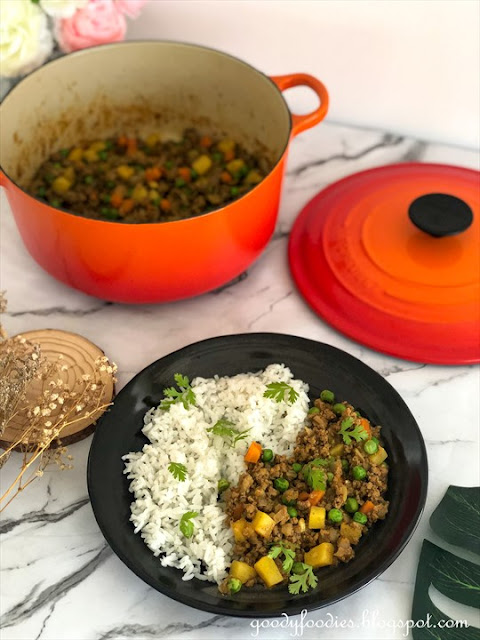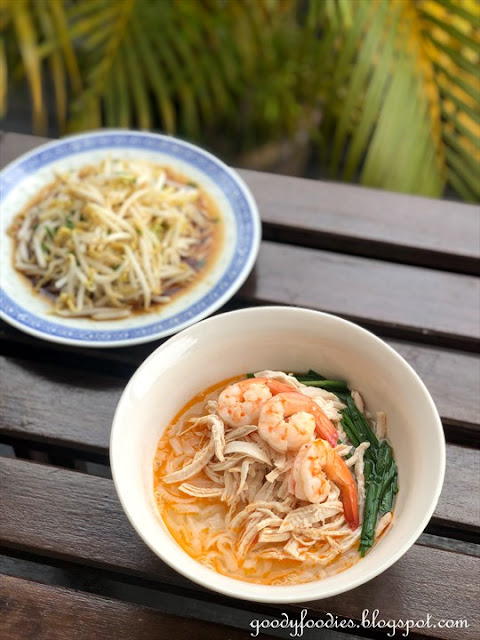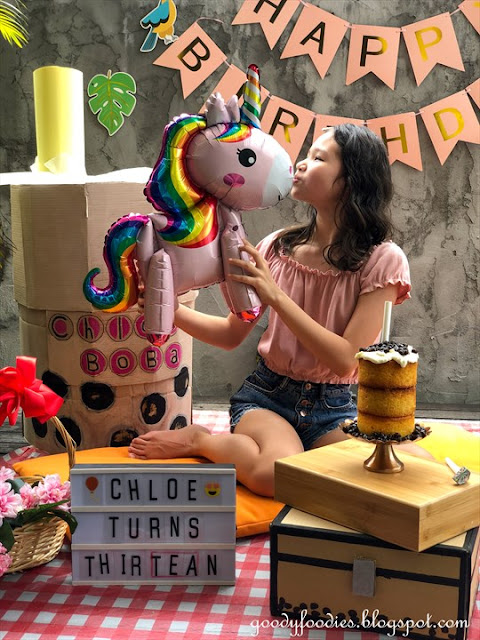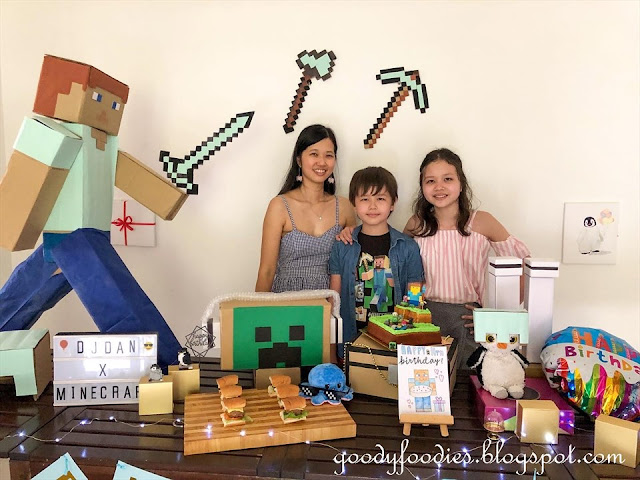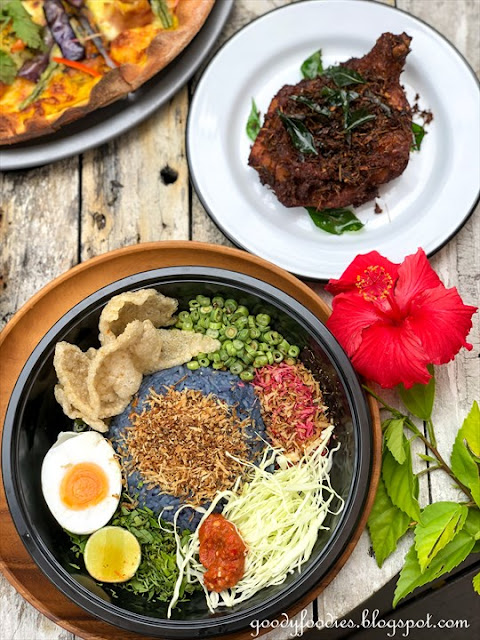Australia is an impeccable source of halal meat and meat products, being a long trusted supplier of Halal Beef and Lamb to over 100 countries, including the Middle East, Indonesia and Malaysia.
“Halal” is an Arabic word meaning lawful and permitted. It refers to not only adherence to a set of conditions on how the animal is slaughtered and meat processed but also to how the animal is treated while alive. According to Islamic law it must not be mistreated nor has any pain inflicted on it during its lifetime. It must also be provided with enough space to roam, clean water, food and fresh air.
All these conditions are met for Halal beef and lamb production in Australia. The animals graze on lush green pastures and are well cared for. It is a natural way of life for livestock in Australia and animal welfare is regulated by laws enforced by government. These have a positive impact on the consistently high quality of Australian Halal beef and lamb.
A recent study by Meat and Livestock Australia (MLA) has revealed that animals raised and processed in a stress-free environment produce better quality meat that are consistent, hygienic, safe and nutritious. These are the beneficial attributes that are permissible for consumption.
Australian Halal beef and lamb are versatile and suitable for Asian and western cuisine, turning out delicious and nutritious dishes each time. With such quality, fresh and tender meat, it takes less time to cook, whether it’s a beef rendang or a spicy lamb stew.
All cattle, sheep and goats processed in Australia for the Malaysia market are slaughtered under the Australian Government Supervised Halal Program by accredited Muslims. This program is administered by the Federal Department of Agriculture in Australia.
Additionally, all processing facilities in Australia employ only registered and trained Muslim slaughtermen from the Halal Certifying Bodies. They also comply with personal hygiene, operational sanitation and animal welfare requirements. These Halal Certifying Bodies are recognised and approved by JAKIM (Department of Islamic Development of Malaysia). The Halal systems and production facilities are regularly audited by internal quality and food safety assurance systems, (Australian and importing country representatives from DVS (Department of Veterinary Services of Malaysia) and JAKIM.
With a population of 16 million Muslims, Malaysia has a growing demand for halal meat and meat products. The meat is certified halal prior to its import into Malaysia. These authorised representatives will confirm the manufacturing process adheres to Halal standards. There are currently 7 Muslim certifying bodies in Australia for Halal certification export to Malaysia. Meat exporters will also need to meet other requirements under Australian regulations prior to export. Every shipment carries a Halal and Health Certificate.
Malaysia stands to benefit from both local demand and strong export opportunities by leveraging increasing purchasing power among consumers in other Muslim markets. These include the Middle East and neighbouring Indonesia, the world’s largest Muslim country with a population of more than 200 million.
There are increasing opportunities in Malaysia’s Halal economy. As a member of the Organisation of Islamic Conference (OIC), Malaysia’s Halal certification is globally recognised by all Muslim nations, making it a perfect launch market for exporters. Meat and Livestock Australia recently took part in MIHAS (Malaysia International Halal Showcase), the world’s largest Halal exhibition. It’s a hybrid event from 9 to 12 September, combining virtual and physical exhibition, with halal industry players from around the world. The virtual exhibition will continue till 31 December 2021.
Nearly 30,000 visitors, 28 trade envoys and 2,000 delegates representing the entire Halal supply chain attended MIHAS and the Global Halal Summit in 2019.
According to Ms Valeska, Regional Manager for Southeast Asia of MLA, “Australian Halal beef and lamb work well with Asian and western cuisine, turning out delicious and nutritious dishes each time. With such quality, fresh and tender meat, it takes less time to cook, whether it’s a beef rendang or a spicy lamb stew”.
MLA conducted a Webinar “Your Trusted Halal Australian Beef and Lamb, from Farm to Plate” this month.
Below is a recipe shared by one of the speakers of the webinar, Chef Jason Manson.
Chef Jason’s Australian Beef Soto
Sabah Style Beef Soto served with sliced beef and vermicelli noodles
Ingredients
400 gm Chilled Halal Australian beef slices
750 gm Vermicelli noodles (Mee hoon), blanched
150 gm Cucumber, thinly sliced
150 gm Beansprout, remove ends
5 nos Egg, boiled
50 gm Cilantro, slice for garnish
50 gm Spring onion, slice for garnish
3 nos Lime, cut half
2 tbsp Cooking oil
To make beef broth stock
1.5 litre Water
6 cubes Beef stock
1 Pcs Sup bunjut (herb bouquet consist of cinnamon stick, star anise, and cardamon
Blend together
3 pcs Lemongrass
3 cloves Red shallot
2 inches Ginger
2 cloves Garlic
2 nos Turmeric fresh
Method
1. Preheat a medium size stock pot, add cooking oil and start saute the blended
ingredients.
2. Once the paste is cooked, add the beef broth stock and cook the stock until the stock is
boiling and well cooked. The broth (soup) will cook for about 10-15 minutes. Reduce the
fire to simmering.
3. To prepare the beef noodle soup, start to assemble the dish. Place the vermicelli in a
serving bowl, add sliced cucumber, bean sprouts on top of the noodle.
4. Blanch the raw sliced beef in the simmering hot beef broth for at least 1 minute,
remove cooked or partly cooked beef slices and place it on top of the noodles.
5. Pour 1-2 scoops of noodle broth on the cooked sliced beef and noodles.
6. Garnish with chopped cilantro, spring onion and dried shallots. Place a 1/2 lime on the
side.
sabah style australian beef soto sabah style australian beef soto sabah style australian beef soto sabah style australian beef soto sabah style australian beef soto sabah style australian beef sotoIf you enjoyed reading my posts,
LIKE me on Facebook! You can also follow me on
Instagram (@babysumo) for more photo updates or subscribe to our
YouTube channel. Thanks :)

